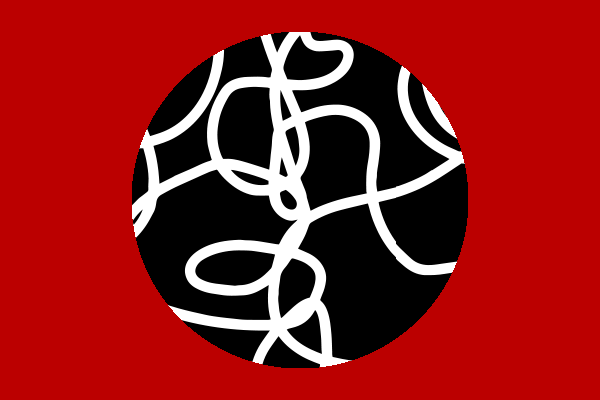PhD student Jordan Woodward awarded the 2023 Zora Neale Hurston Award from the American Folklore Society

Jordan Woodward, a PhD student in the Department of English, was recently awarded the 2023 Zora Neale Hurston Award from the American Folklore Society (AFS) for her project "Environmental Racism as Diffused Carcerality: Stories from the 'Women of Cancer Alley.’” The AFS gives this award to a graduate or undergraduate student for their work on African American folklore. Read on to learn more about what Woodward had to say about her work and accomplishment.
If you could describe yourself and your professional/academic work in a few sentences, what would you say?
My research focuses on environmental and place-based rhetorics, coalition-building, digital storytelling and technical communication. My recent academic projects have pursued the following questions: What is the role of storytelling and technical communication in coalition-building, place-making, and environmental remediation efforts? What is at stake in place-making efforts in areas that have a history of resource extraction?
Could you describe your project, “Environmental Racism as Diffused Carcerality: Stories from the 'Women of Cancer Alley'”?
My project, “Environmental Racism as Diffused Carcerality: Stories from the ‘Women of Cancer Alley’” highlights first-hand stories about the ramifications of petrochemical pollution in “Cancer Alley,” Louisiana. “Cancer Alley” refers to the 85-mile strip of the Mississippi River from Baton Rouge to New Orleans, home to over 200 petrochemical plants that produce toxic air and water pollutants. The story of Cancer Alley is the story of environmental racism—the purposeful locating of environmentally- and health-hazardous industries near communities of color. Environmental racism in “Cancer Alley” goes back to the plantations of antebellum slavery, which were sites both of capitalist production, including cotton, indigo, and sugarcane production, and of racial oppression.
The “Women of Cancer Alley” is a collection of digital stories created by eight African American women who have lived the majority of their lives in Cancer Alley and can also trace their family lineage in this area back several generations. The Women of Cancer Alley Story Collection illustrates the impact of environmental racism on peoples’ day-to-day realities, their families, and their health. In this project, I argue that such stories enable us to witness and respond to the often entwined and invisibilized forces of environmental racism carried out by the carceral state.
You can view the story collection here: “Social Justice: The Women of Cancer Alley.”
What was your inspiration for the project?
I was inspired to write about the “Women of Cancer Alley” story collection as an end-of-semester final essay in Dr. Wendy Hesford’s autumn 2019 seminar in literacy, “Captive Bodies, Resistant Literacies, and the Rise of the Carceral State.” I then presented on this project at the American Folklore Society Conference in 2020.
The Zora Neale Hurston Award is quite prestigious; what does this achievement mean to you personally and professionally?
I am honored to have received the Zora Neale Hurston Award and hope that it brings more awareness not only to the ongoing petrochemical pollution in Louisiana and elsewhere, but also to the power of storytelling in environmental activist efforts, such as those done by the women who created the “Women of Cancer Alley” story collection.
